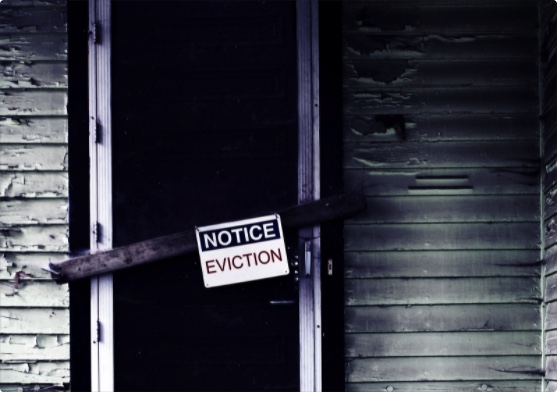
As Federal Eviction Moratorium Expires with Tens of Billions in Assistance Still Available, Corporate Landlords Must Halt Evictions, Work with Residents to Access Assistance
August 2, 2021
With the expiration on July 31 of the CDC eviction moratorium, private equity firms and other corporate landlords who have filed to evict at least 75,000 residents since the federal eviction moratorium took affect face a choice – work with residents to access the tens of billions of dollars in rental assistance or move forward with evictions, threatening the health of residents and the public as the country faces a new surge in COVID-19 cases.
According to data released by the Treasury Department, only $3 billion of the $47 billion allocated by Congress was provided to about 630,000 households by June 30. That’s less than 4% of the money allotted.
Meanwhile, many large landlords have not sought to work with residents to enable them to access rental assistance, opting instead to advance eviction actions against renters.
As PESP Executive Director Jim Baker testified at a Hearing of the House Select Subcommittee on the Coronavirus Crisis, private equity firms and other corporate landlords have filed to evict at least 75,000 residents since the CDC eviction moratorium went into effect last September in the several counties in GA, FL, TX, AZ, TN, and NV where the Private Equity Stakeholder Project has been tracking eviction filings.
Select Subcommittee on the Coronavirus Crisis Hybrid Hearing on “Oversight of Pandemic Evictions: Assessing Abuses by Corporate Landlords and Federal Efforts to Keep Americans in Their Homes”
Corporate landlords have filed more than 43,000 eviction actions in those states since the beginning of 2021, when Congress first authorized billions of dollars in assistance for renters.
Some large landlords have refused to accept rental assistance even after tenants have been approved.
For example, last week Katrina Chism, a renter with private equity-owned Havenbrook Homes/ Front Yard Residential in Georgia, testified before a Congressional committee that her landlord had refused to accept rental assistance even after she was approved, moving forward with the eviction proceeding and forcing her and her son to move out: “Around mid-April I learned that my landlord had rejected the proposal outright. HavenBrook didn’t even come back with a counter offer to tell me how much I could pay to stay in my home,” Chism testified last week, adding, “Havenbrook made it clear they wanted me out instead of accepting rental assistance.”
Havenbrook Homes/ Front Yard Residential is owned by private equity firms Pretium Partners and Ares Management. Pretium Partners has filed to evict more than 1,730 residents since the CDC eviction moratorium went into effect last September.
In March, rental home giant Invitation Homes evicted Marvia Robinson, a bus driver in Florida, after the company refused to accept $4,000 in county program funds from Robinson. Invitation Homes told Robinson it was not participating in the program “due to the landlord restrictions.”
The US Department of Justice must begin to seek penalties from landlords that have violated the moratorium. An organization violating the CDC eviction moratorium may be subject to a fine of up to $200,000 per event or $500,000 per event if the action results in death.
Importantly, landlords that have violated residents’ civil rights by disproportionately filing to evict Black renters or other renters of color must also be held to account. An April report by the Private Equity Stakeholder Project found that Progress Residential and Front Yard Residential have filed to evict residents in majority-Black counties in Georgia at much higher rates than they have renters in majority-white counties in Florida.
With the expiration of the federal moratorium, corporate landlords should be required to work with residents to access the billions of dollars in rental assistance that remain available. The fact that some landlords have refused to accept rental assistance to ensure residents can stay in their homes is extremely troubling.
In this critical new phase of the crisis facing renters, it is important that we remain vigilant to corporate landlords’ evictions of residents.
